
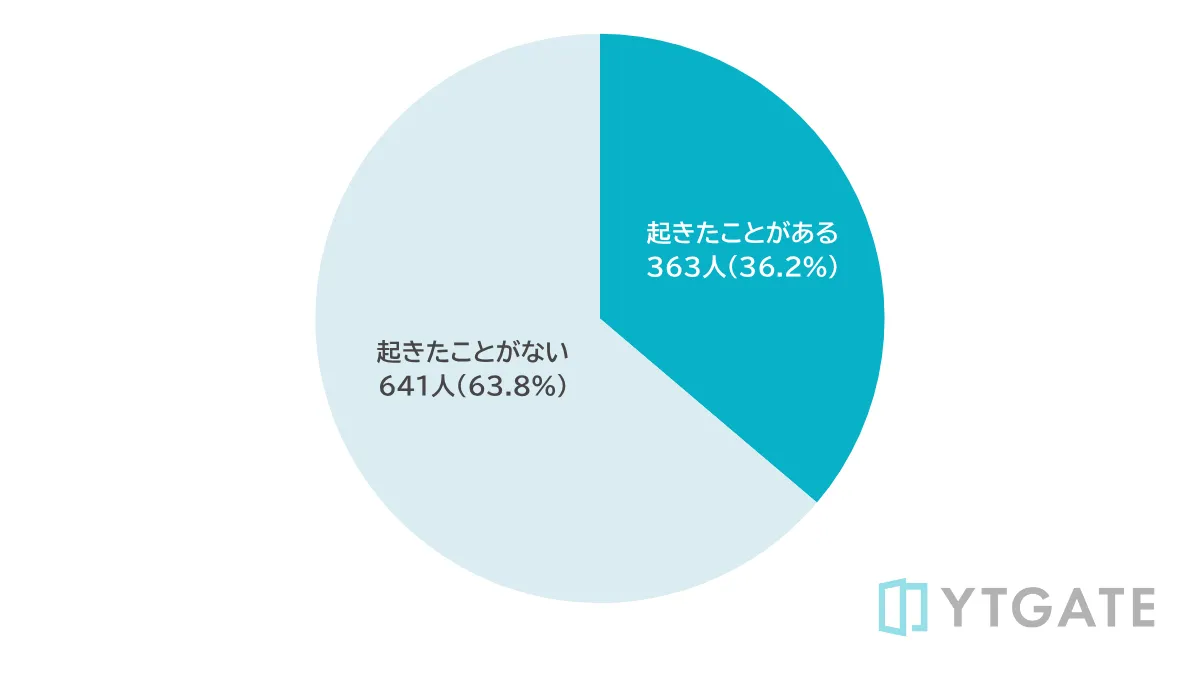
Travel and Ticket Purchase Payment Troubles: One in Three Users Affected
Overview of the Survey Results
In July 2025, a survey conducted by YTGATE, targeting online users aged 10 to 70, revealed alarming statistics regarding payment errors during travel and ticket bookings. Around 3 in every 10 users have experienced payment failures within the past six months, hindering their purchase intentions and leading many to abandon their transactions altogether.
Survey Details
- - Conducted By: YTGATE, based in Tokyo.
- - Survey Date: July 2, 2025.
- - Participants: A total of 2,005 users who booked travel or tickets online.
- - Method: Internet-based research.
Key Findings
Travel Booking Payment Errors
- - About 36.2% of respondents reported experiencing credit card payment errors when making travel bookings in the last six months.
- - Following an error, 20.4% of users abandoned their purchase while another 20.4% shifted to in-store reservations.
- - Of those who attempted to re-purchase, roughly 70% switched to different websites, with reasons primarily including doubts about experiencing another error (53.8%), convenience of pre-registered card information (43.7%), and expectations for better performance on alternate sites (44.3%).
Ticket Purchase Payment Errors
- - An even higher proportion, 36.6%, faced payment errors when purchasing tickets.
- - After these errors, 28.4% decided not to follow through with their purchases, while 22.7% opted for in-store alternatives.
- - Similar to travel bookings, about 70% of those who continued to seek tickets went elsewhere, citing reasons like anxiety about recurring errors (57.0%), concerns over registered card details (46.1%), and a desire for hassle-free transactions (38.3%).
Consumer Sentiments on Payment Errors
The survey highlighted personal anecdotes where consumers expressed deep frustration over payment issues:
1. Insecurity about duplicate charges.
2. Confusion over whether purchases were confirmed.
3. Frustration about having to re-enter information.
4. Agitation regarding missed reservations due to errors.
Additionally, users voiced concerns about potential loss of card information and doubts surrounding the integrity of payment processing. Many felt lost and perceived these payment failures as a significant waste of time.
Impacts on Consumer Behavior
The significant emotional stress caused by payment errors can directly influence consumer loyalty and intentions. For instance, those who faced payment errors often reported feeling a mounting sense of urgency to secure tickets on other websites, expressing concerns about their chosen events selling out.
The Importance of Streamlined Payment Processes
The survey unveiled that a seamless payment experience serves as a critical defense against losing customers to competitors. Particularly in the ticketing industry, the rate of purchase abandonment after a payment error stands at 28.4%, higher than the 20.4% seen in travel bookings. This indicates a greater psychological burden during ticket purchases, intensified by time constraints and customer eagerness.
Furthermore, nearly 70% of consumers abandoning their transactions moved to other platforms due to payment errors, especially on sites that incentivized users with loyalty points or easy pre-registered information access.
Reducing Errors and Building Trust
Designing supportive pathways for users during payment failures and providing clear communication is essential in maintaining brand trust. Vague information or inadequate support can exacerbate customer anxieties surrounding double billing and payment confirmations.
Conclusion
This survey sheds light on how essential reliability and smooth transaction experiences are in retaining customers in the travel and ticketing industries. To combat these issues, YTGATE has launched a SaaS solution called “YTGuard,” focusing on enhancing payment approval rates and reducing errors through robust connections with card companies and comprehensive fraud prevention measures.
YTGATE continues to advocate for improved payment environments across the industry through research and public awareness, striving to keep pace with the evolving needs of online consumers.
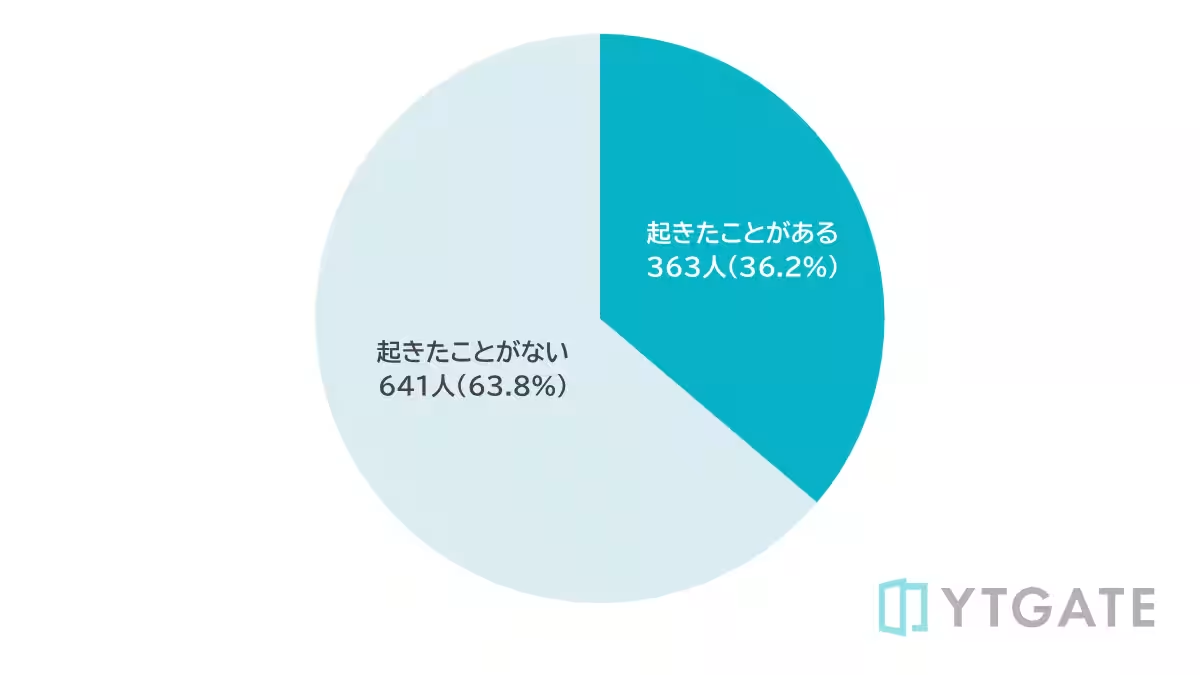
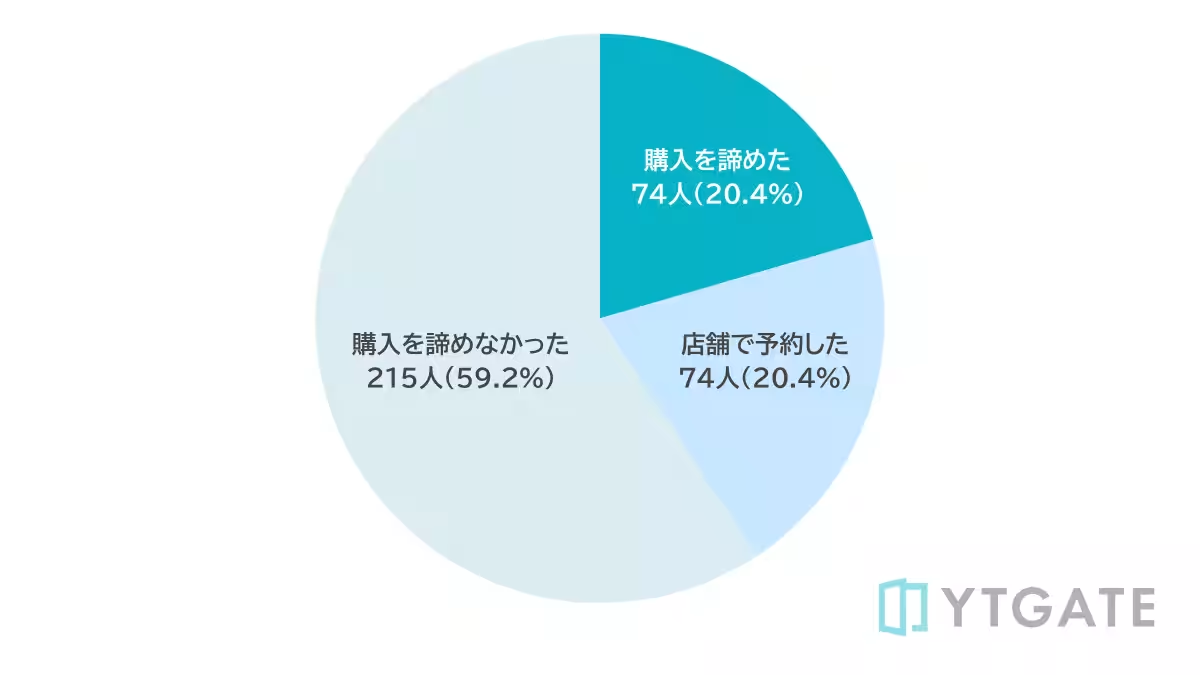
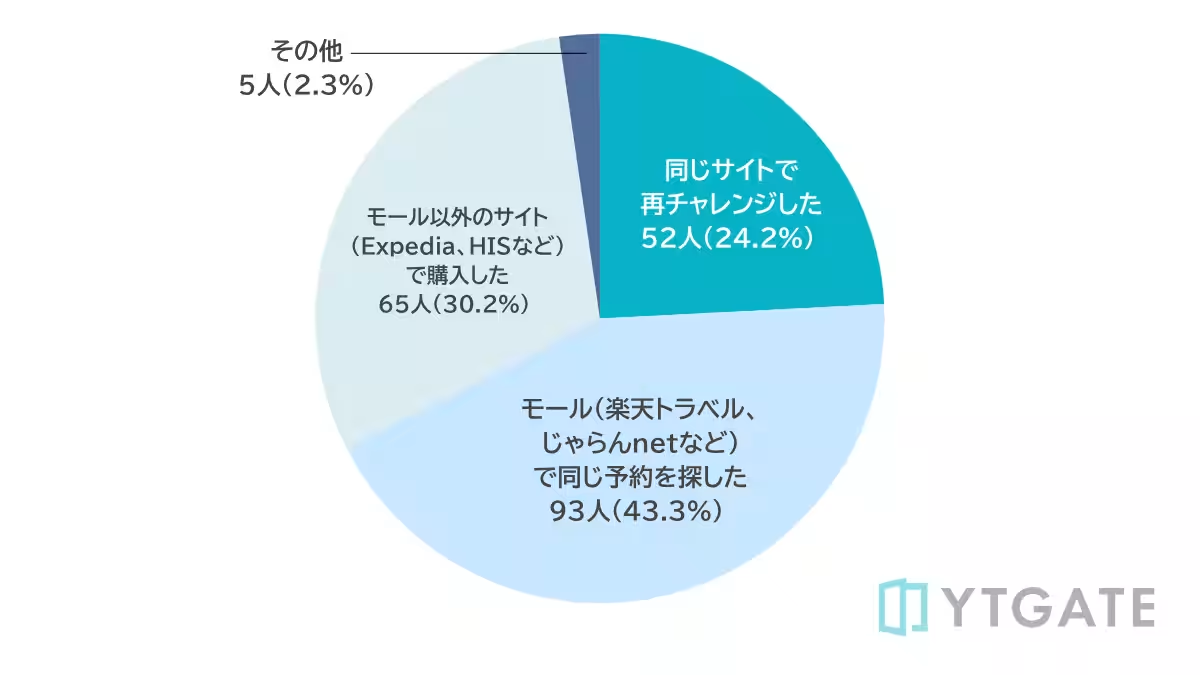
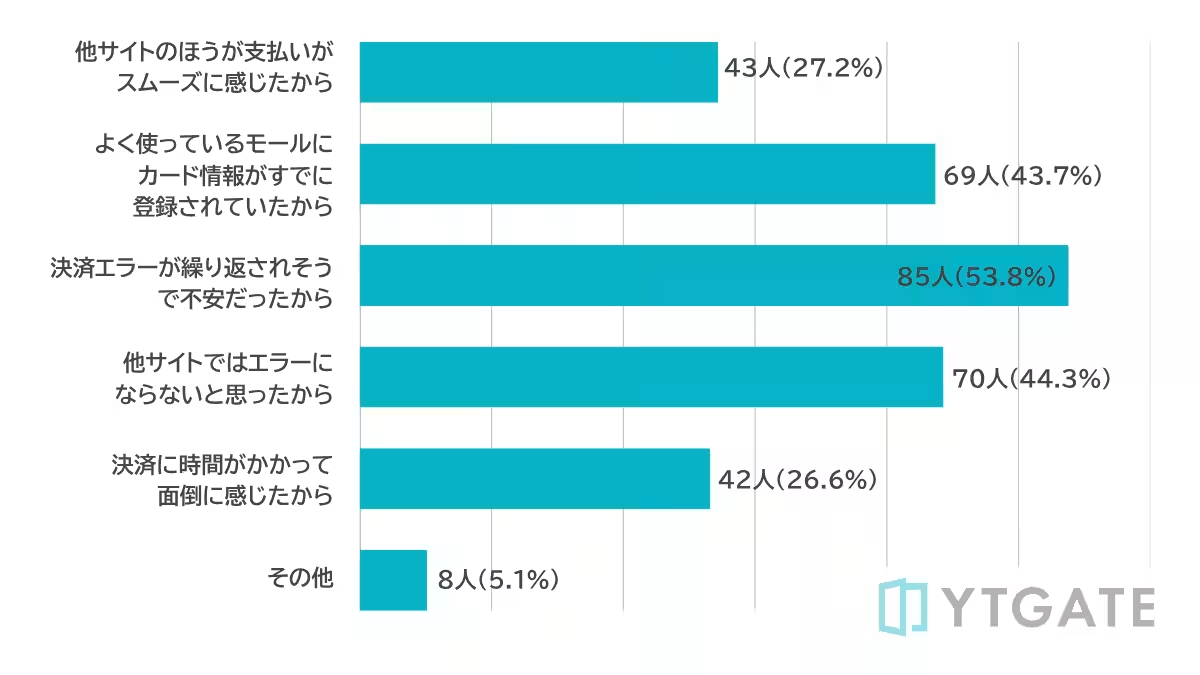
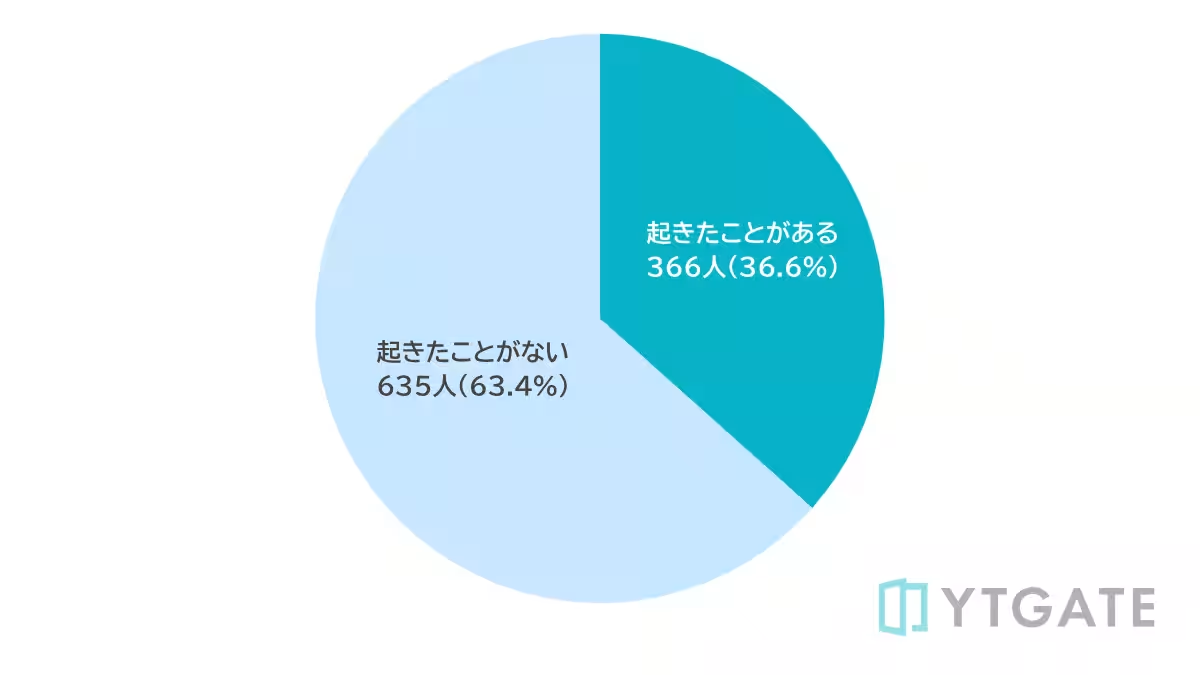
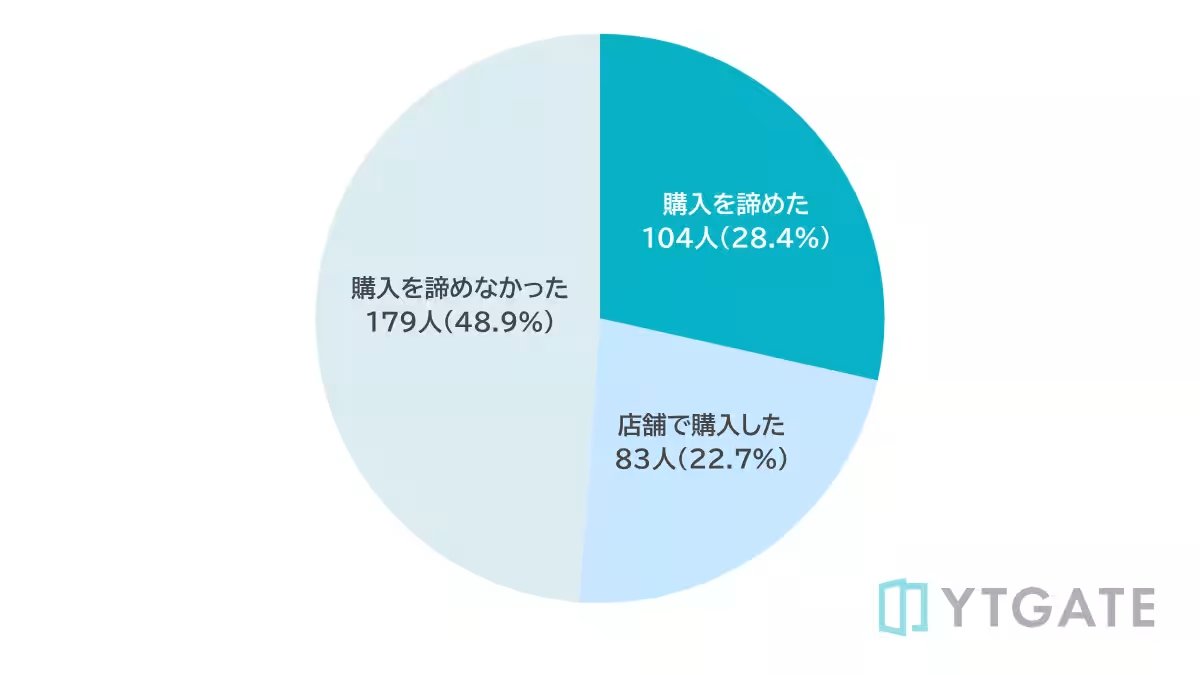
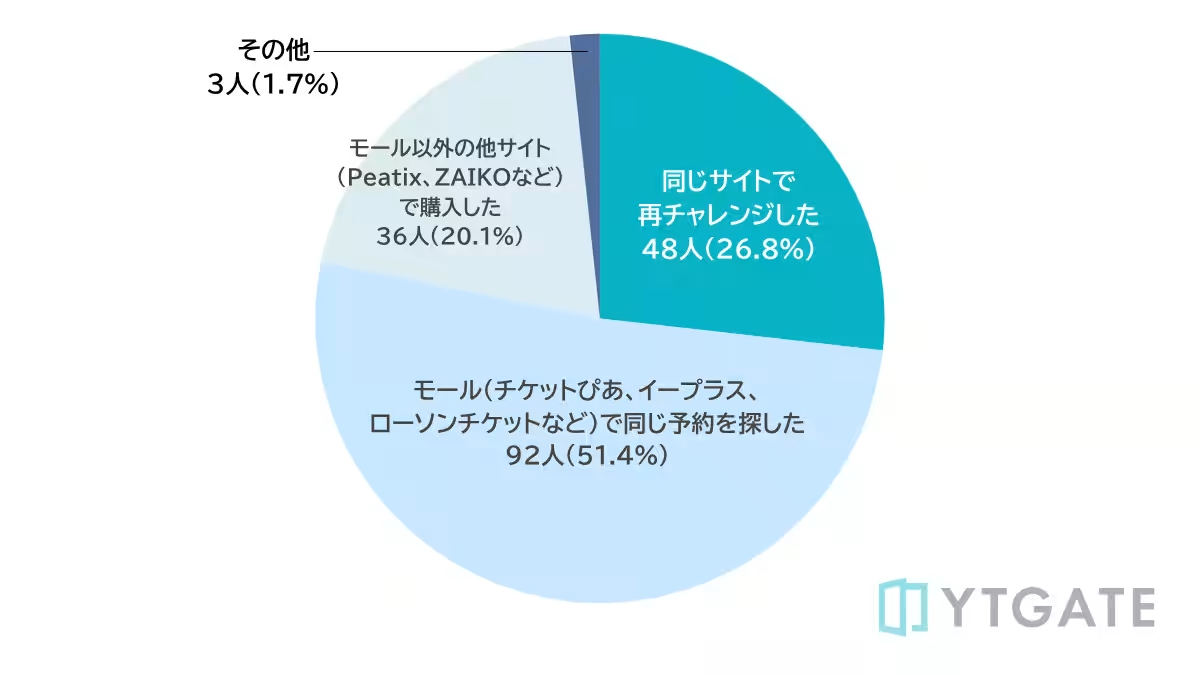
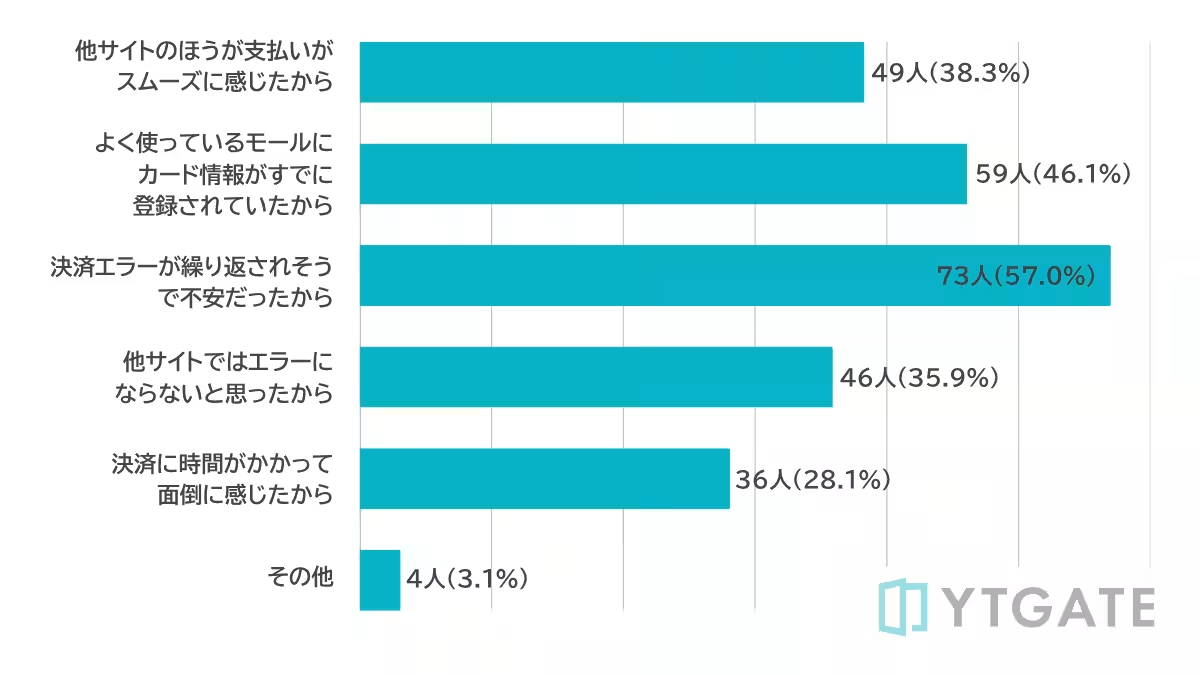

Topics Consumer Products & Retail)










【About Using Articles】
You can freely use the title and article content by linking to the page where the article is posted.
※ Images cannot be used.
【About Links】
Links are free to use.